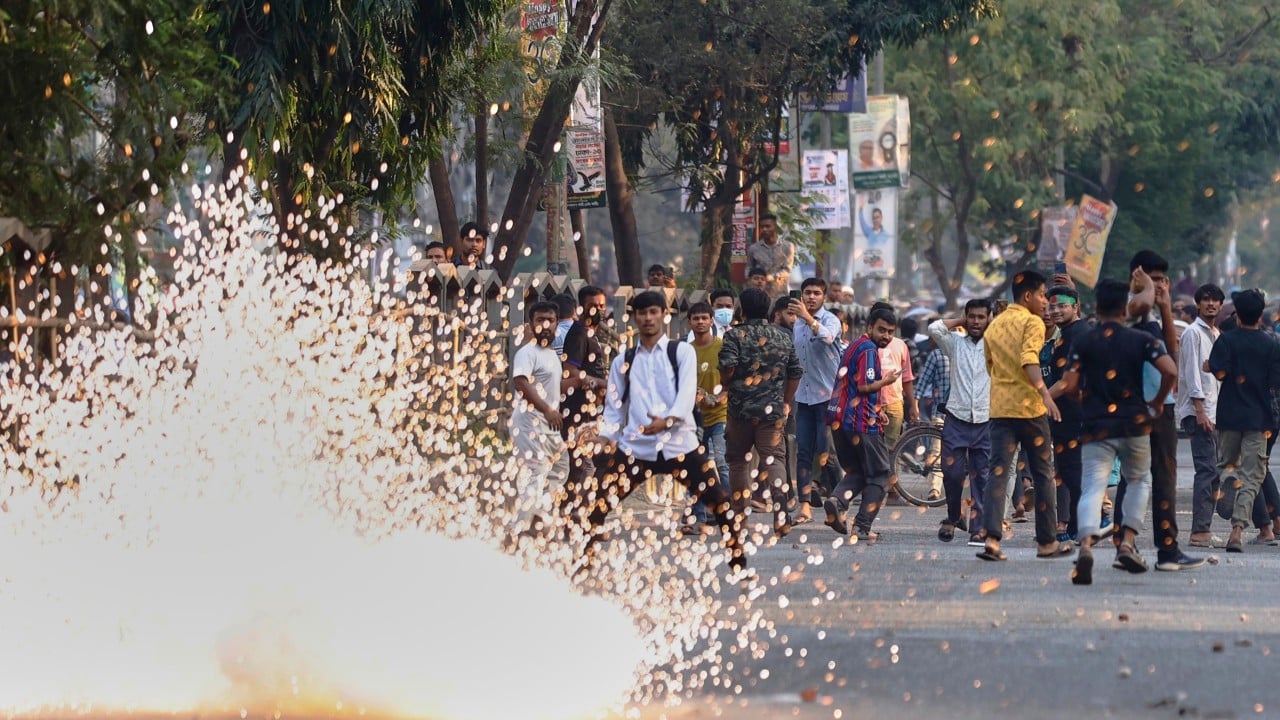With ex-leader Sheikh Hasina sentenced to death in absentia for crimes against humanity, Bangladesh is turning its focus towards a referendum aimed at reforming its political system and rebuilding its democratic institutions.
Advertisement
Interim leader Muhammad Yunus, the Nobel laureate who assumed office after last year’s uprising, earlier this month pledged to hold a national vote on the blueprint for change, timed to coincide with February’s planned parliamentary election.
But analysts have cast doubt on whether the “July Charter” at the centre of the proposed reforms – named for the month that Hasina’s regime was toppled – can be successfully implemented in the South Asian nation of 174 million.
Yunus, 85, previously said he inherited a “completely broken” political system. He has championed the charter as essential to prevent a relapse into the authoritarianism that marked Hasina’s years-long rule.
“It’s the birth of a new Bangladesh,” he said at a signing ceremony for the new charter on October 17.

But the main obstacle to change is Bangladesh’s lack of “democratic culture”, rather than a deficiency of legal frameworks, according to Md. Rizwanul Islam, dean of the School of Humanities and Social Sciences at the North South University in Dhaka.

